Nestled in the lap of mountains, the 165-years old colonial building of Bakote police station in Abbottabad district still stands its ground against the vagaries of weather and time. However, abandoned after being hit by the 2005 earthquake, it is in dilapidated condition, awaiting conservation efforts.
The historic Bakote village lies at the base of Miranjani peak in the Galiyat region, some 45 kilometres north of Murree city. Located at the border of the Abbottabad and Muzaffarabad districts, this region served as a crossroads for the last 3,000 years.
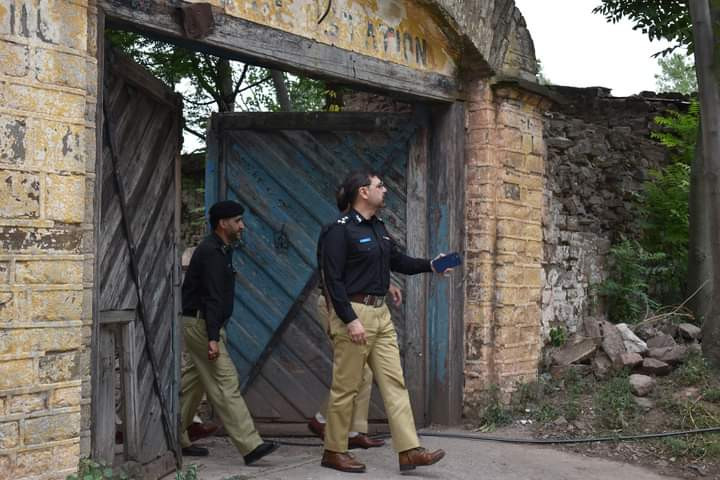
I had a chance to visit the Bakote police station, which the locals informed me, dates back to 1861. It was established here by the British Raj due to the topographic position of Kohala valley; Bakote was given prime importance by the British as it bordered the village between British India and the princely state of Jammu and Kashmir.
The building is a prominent reminder of colonial rule in the subcontinent. Consisting of 20 rooms and a vast veranda, the police station has been built on an area of 19 kanals, and is a perfect example of Victorian architecture. The stone used in the building’s construction is still intact and clean. As neglected as it is, history still echoes within its crumbling walls.
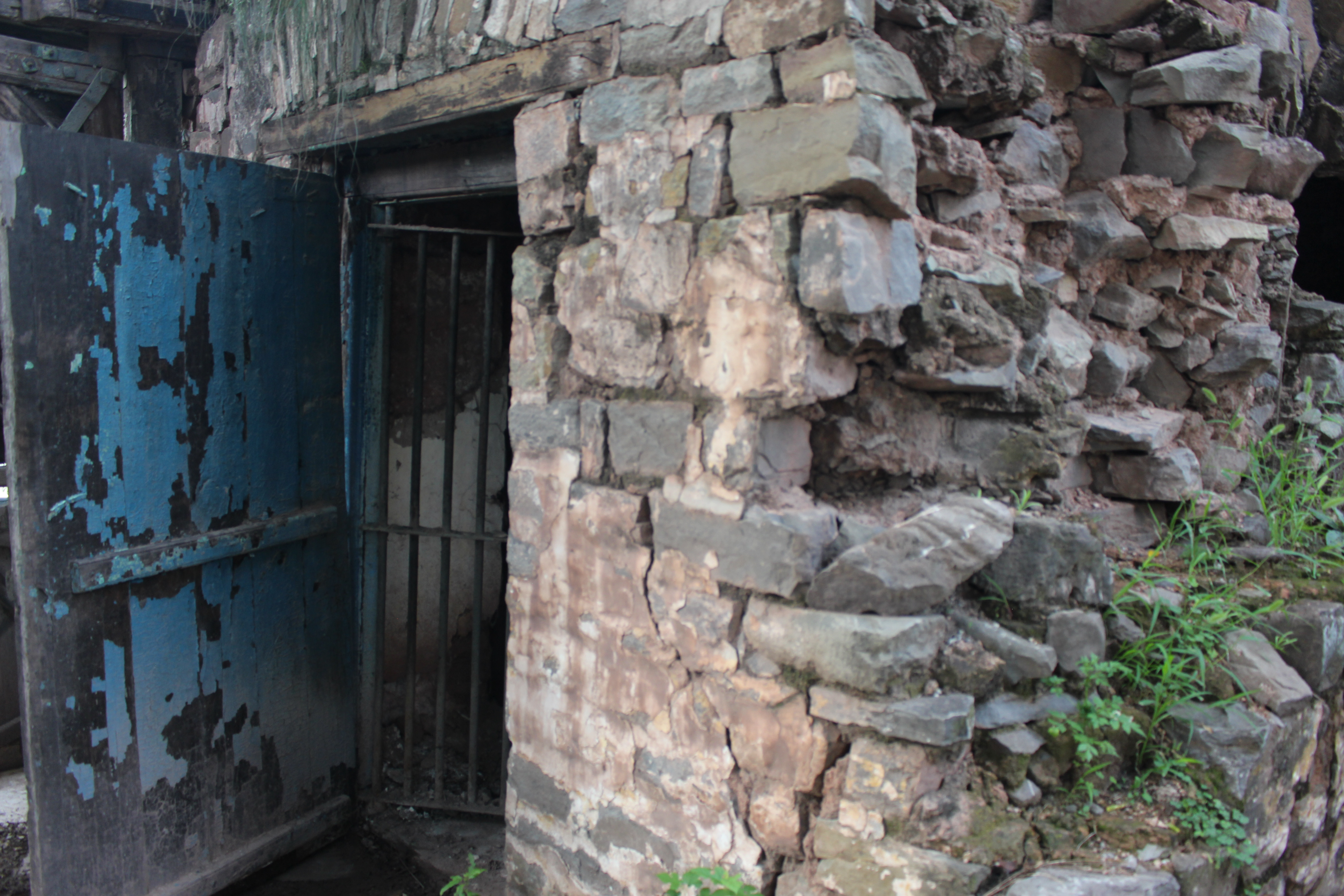
Sub Inspector Malik Naseer, a station house officer (SHO) of Bakote police station talks about its construction design. In its original plan, it had a large and strong wooden door at the main entrance, two separate lockup rooms on either side of the main gate, a mohrar’s (registrar) office, an office for the station house officer (SHO), investigation officers and some eight residential barracks while a spacious veranda opened up to a courtyard. "Sometimes I feel disappointed and rather guilty being witness to such heartless treatment of our heritage," Naseer laments. "What was once the dwelling place of the imperial police is now being used by stray animals.”
Professor Munir Ahmed Sawati is an associate professor of history at the Higher Education Department of Khyber Pakhtunkhwa. He says that after the 1857 War of Independence, when the administrative command of the government in the subcontinent was handed over to the British by the East India Company, they created a regular police bureaucracy in India, under the Indian Councils Act of 1861. Under this act, like other districts, Hazara was also controlled by a district superintendent who performed his duties under the general direction of the deputy commissioner of Hazara stationed at Abbottabad.
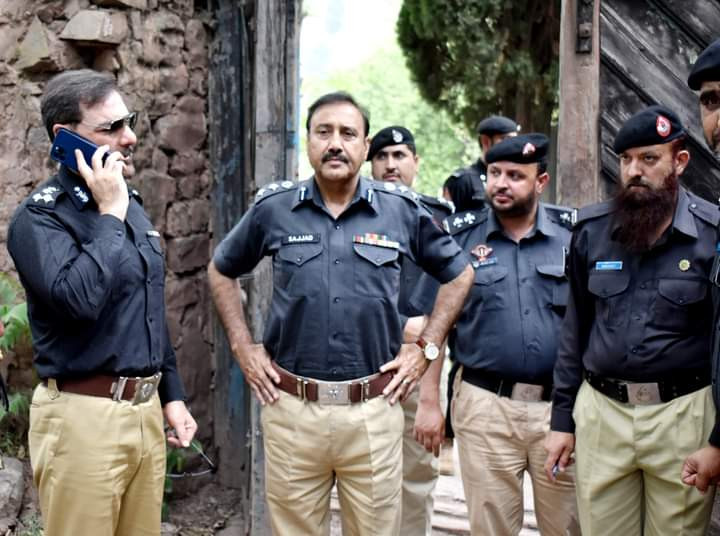
Munir adds that six police stations built in the British era are in service today in the Abbottabad district: in Bakote, Sherwan, Narra, Cantt, Lora and Dunga Gali. “Perhaps, the police station in Bakote village, built on a hilly patch, is the most scenic of them, with the Jhelum River flowing quietly at its foothills,” he comments.
According to Professor Munir, historically Bakote enjoyed a particular geographic and strategic significance owing to the broader dynamics of the region. Today, it is situated on the border of Khyber Pakhtunkhwa, Azad Jammu and Kashmir and Punjab and remains part of the ancient route for Buddhist and Hindu pilgrims. “Much of Bakote’s ancient past still needs to be researched and the hidden facts brought to light," he opines. "For this, it is necessary for academic, historical and literary institutions and figures to unite in their efforts.”
Amna Sardar, a former provincial assembly member of Khyber Pakhtunkhwa from the Galiyat says Abbottabad was once a centre of tourist activities and housed foreign dignataries owing to its favourable temperature and cultural heritage. However, over the passage of time, it fell to decay and became a haven for drug addicts.
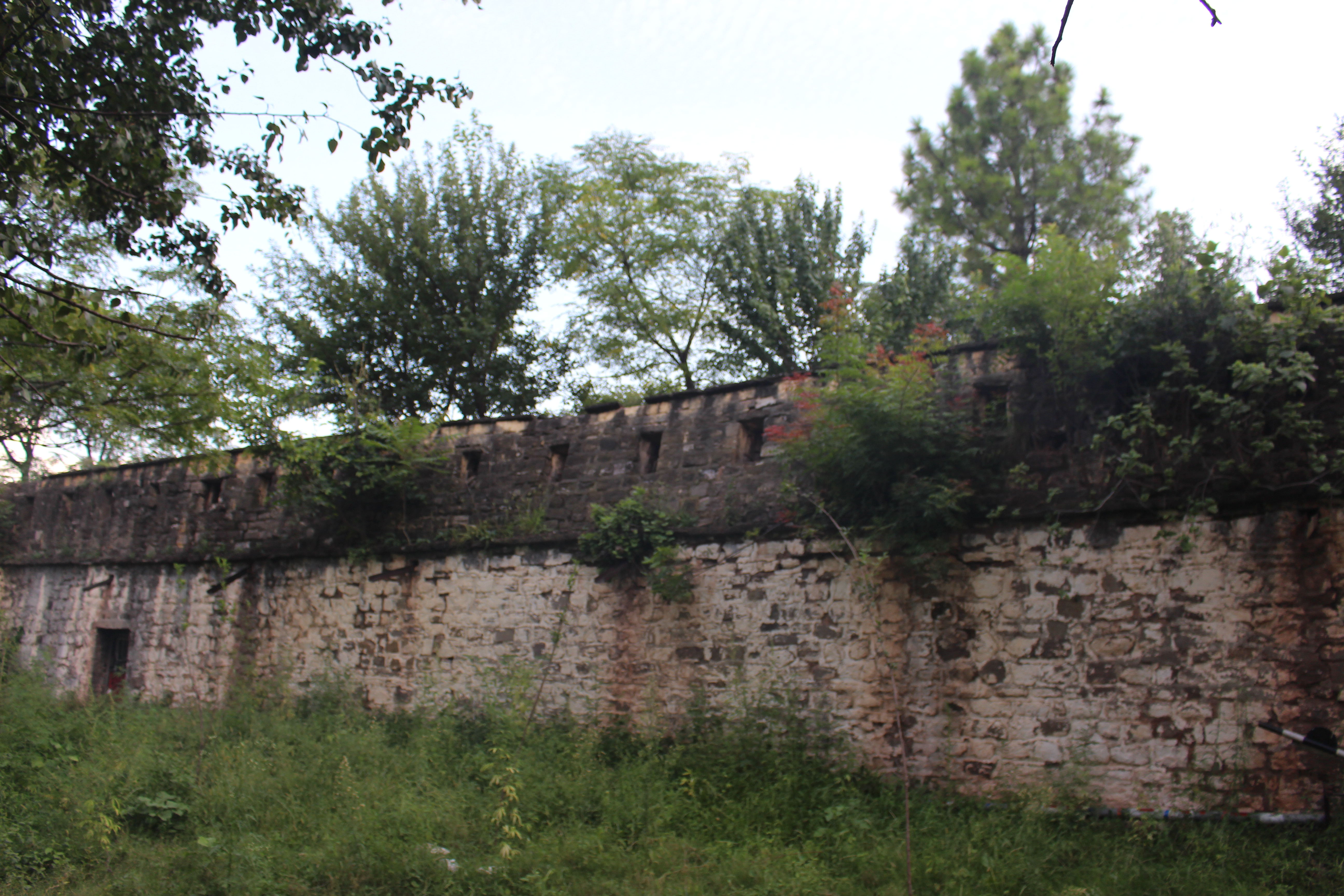
Abbottabad's heritage seems to be at stake, she says. Unauthorised demolition and illegal construction works of colonial buildings continue mainly due to alleged neglect of the Archaeology Department. “The historical building of this police station should be protected and preserved," Sardar says. "Across the world, governments preserve such buildings to promote tourism but, unfortunately, here we are bent upon destroying them.”
During my visit, I discovered that the Bakote police station still preserves the first information reports (FIRs) and registers from 1900s in their original condition. As per record available with Tribune Magazine, the FIRs and records date back to 1912. Officials say that the records from 1861 to 1910 were handed over to the Punjab Archives in 1901 because the erstwhile North-West Frontier Province (NWFP) was carved out of the Punjab province and this police station came under the jurisdiction of the commissionerate province of NWFP. The officers from the police, administration and Archaeology Departments often visited the historic police station. The visitor’s book placed there contains comments by many higher-up officials including the last Deputy Inspector General (DIG) Hazara Mirvais Niaz.
The former DIG personally visited the historic police station, along with the representatives from the district administration and archeloeogy department, during his posting in Hazara. Niaz (who was transferred recently). He shared that the police station has been lying abandoned for some 12 years now. Included in the heritage list of the Archaeological Survey report of 2006, it is an example of the preserved colonial history of policing. According to Niaz, the wooden entry gate, windows and other interior work in the police station are as old as its construction. “The old registers and century-old FIRs in this police station are a valuable asset in the history of Khyber Pakhtunkhwa Police formerly known as Frontier Police,” he maintains.
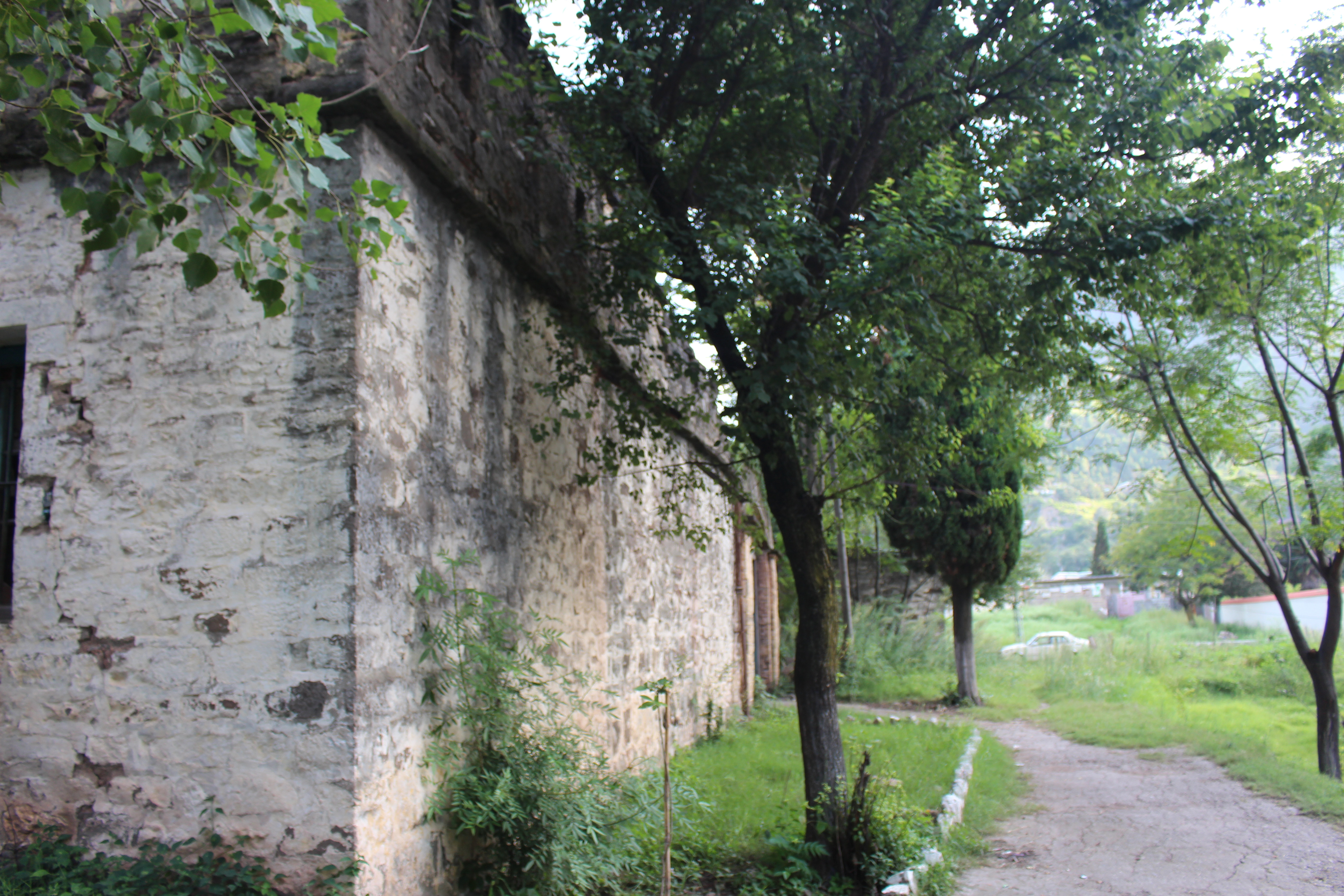
Located on the border of the then princely state of Jammu and Kashmir, Niaz says this was the only police station for controlling crime in the locality in the British era. Nowadays, under its jurisdiction there are more than 50 villages. Due to its vast administrative jurisdiction, the police station has established two sub police stations in order to facilitate inhabitants of far-flung villages of the hilly terrain to register their cases at nearby stations.
Niaz recommends that a museum be set up in the old building of Bakote police station, in which antiquities related to police and pictures of martyrs could be displayed to create awareness about the sacrifices of the Khyber Pakhtunkhwa police, adding that he has written to the relevant authorities in this regard.
According to Niaz, establishing a museum to bridge the gap between the people and the police, will create awareness about the force’s history. “It will be very helpful for researchers and historians. Paperwork on it has begun and soon it will be renovated to preserve our cultural heritage,” he says.
An officer from the Directorate of Archaeology and Museum Khyber Pakhtunkhwa, on the condition of anonymity, said that the department will soon begin work on Niaz’s recommendation. Old registers, vintage rifles, antiquated equipment and outdated instruments will be collected from all of the old police stations for the establishment of the police museum.
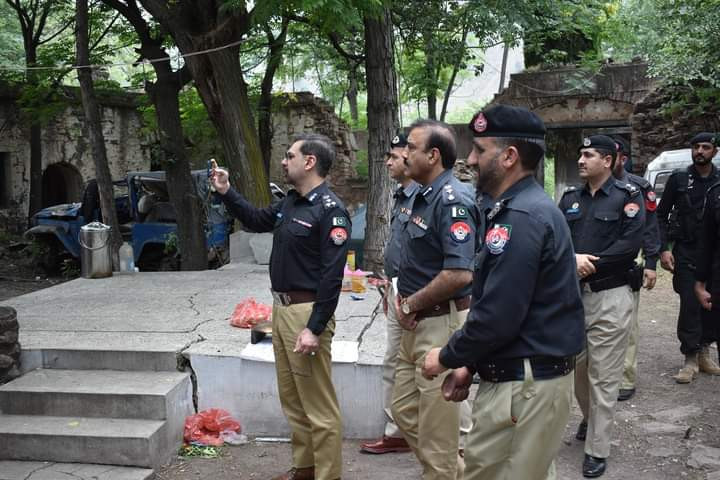
Naveed Akram Abbasi, a journalist and former secretary general of Abbottabad Press Club hails from Bakote. “I was born here at Bakote village,” he says. “I am in my 50s. When I was a child, the walls and the structure [of the police station] were still in redeemable condition. Sadly, most of the things have been ruined as little has been done to restore this fortress,” he says
He says there is great potential for domestic tourism in this area as it serves as a gateway to Azad Kashmir. “The Archaeology Department, Galiyat Development Authority and Abbottabad administration should take immediate steps to save such historical buildings, which can be used to promote tourism in the country” he says.
Bilal Baseer Abbasi is a student of history and a freelance journalist interested in writing on gender equality, social issues and cultural heritage. All facts and information are the sole responsibility of the writer.
